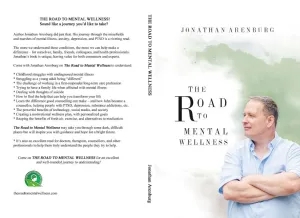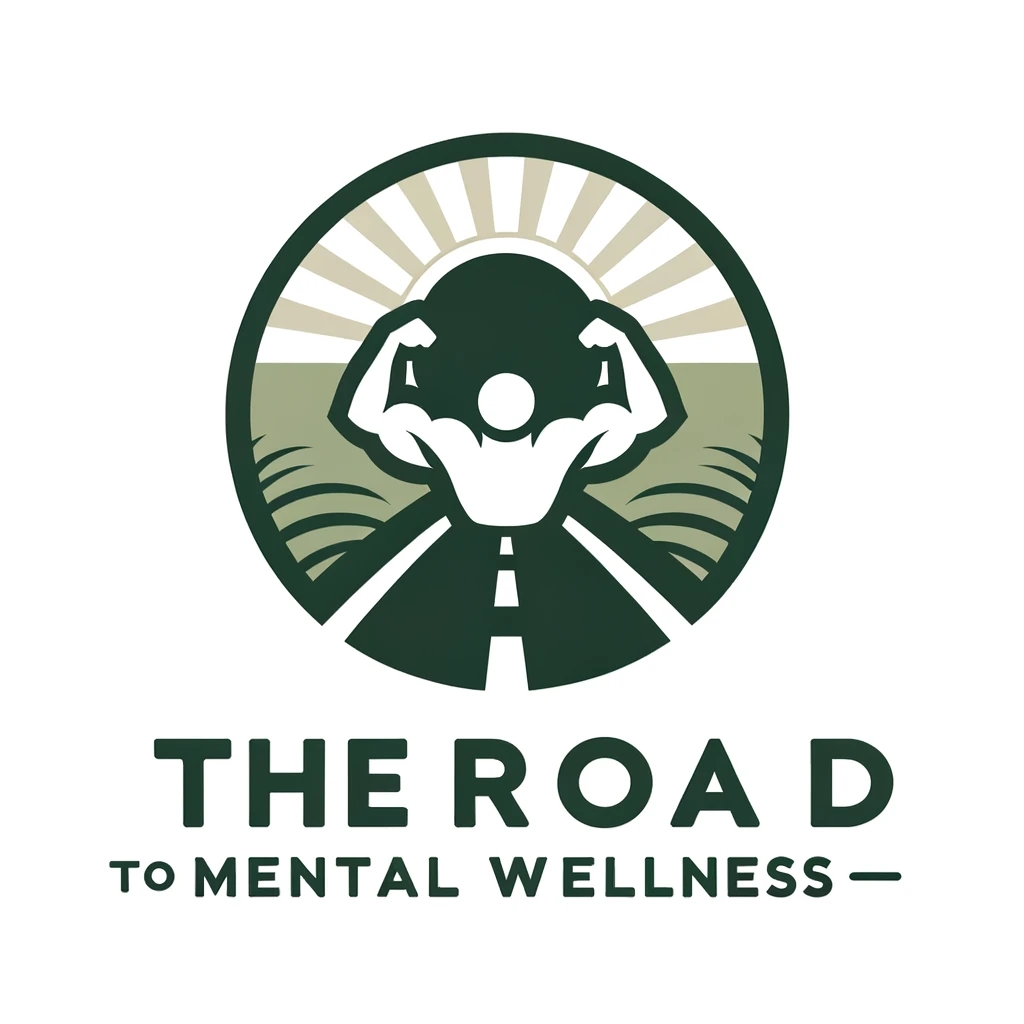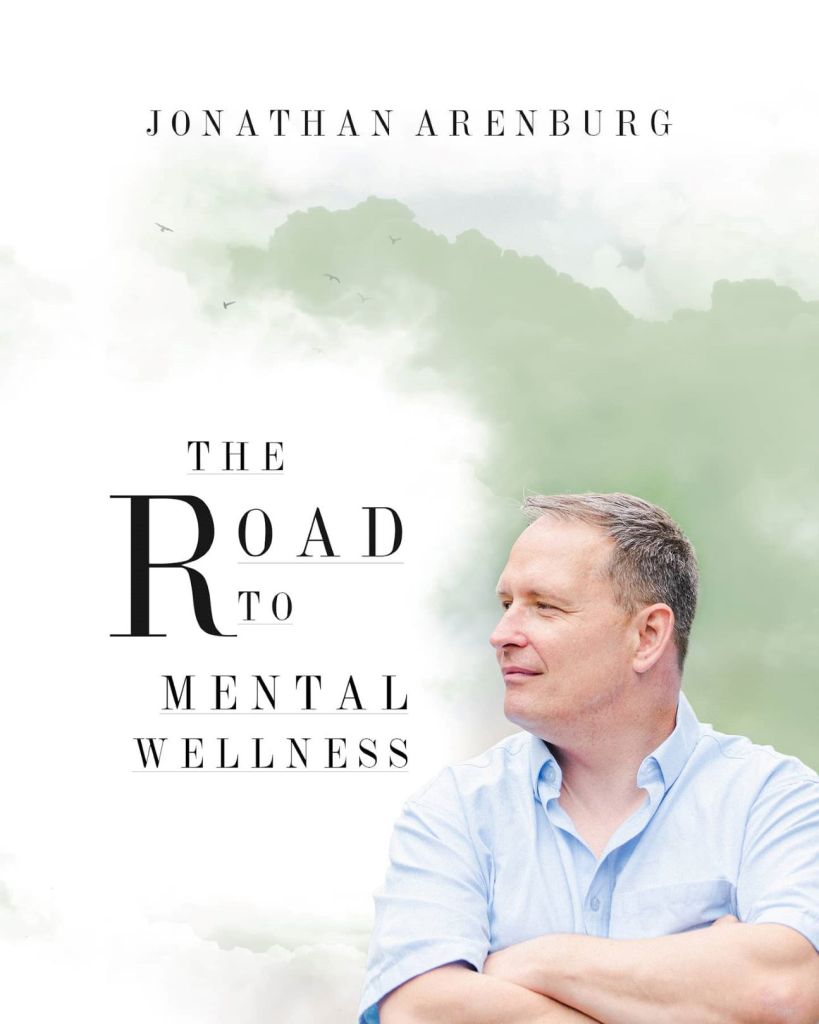Beyond Self-Care: The Importance of Social Connection in Mental Wellness – Why you should ensure that the self isn’t the only healing tool in your arsenal.
Follow us
It should go without saying that any responsible mental health blogger will do their homework. After all, valuable information is powerful and transformative – whereas inaccurate or false claims can be misleading or even downright harmful.
While this is certainly a better approach to blogging, one’s personal experience is always worth presenting to the world. Personally, I have been inspired by the mental health battles of others. So much so in fact, that I have had days where I really needed their story to get through the day.
Read My Social Healing Network.
Now, with that said, I think it’s important to understand that your road to mental wellness is multifaceted and goes way beyond the trending buzzwords of the internet. Yet, despite this fact, many are sadly fixated on the self. Self-healing, self-care, self-love and so on. While there is no question, taking time for you is a fundamental piece of your healing, however, it is only a piece of the wellness puzzle.
My concern is that by focusing solely on the self, we are hindering our growth and thus our mental wellbeing. From what I can tell, focusing on the individual often means minimal interaction with others. While there is nothing wrong with spending time by yourself, it’s always worth evaluating whether you’re getting too much of a good thing.
In a world where it’s so easy to get caught up in the “self-movement,” we can overlook the downside of what is essentially a one-dimensional healing approach. So, we may be better off if we look into the cons in such an approach. Some of the questions you may want to ask yourself include:
Download the audiobook version of the book, The Road To Mental Wellness FREE (CH’s 1 through 5 Here)
“Is spending too much time working on myself harmful for me?”
“What does the science say?”
“Are there any benefits to incorporating other elements in my healing journey?”
“Am I truly seeking solitude or am I actually lonely.”
How can I tell the difference?”
“Has my mental health improved through the self technique, or has it worsened or stayed the same?”
I have never been a fan of latching onto something and running with it. So, what I am saying here is, no matter what decisions we make in our lives, there is always more to consider when making a choice to do or not to do. In other words, it’s not wise to simply decide that “All I need is self-care, to go home, and get away from people every day.” Well, is this really wise? Do you know the difference between solitude and loneliness for example? If you can’t answer this question, you could be going into your wellness plan doing more harm than good.
The difference between solitude and loneliness
Solitude:
Solitude refers to a state of being alone or isolated from others, typically by choice. It can be a physical state, such as being in a remote location, or an emotional state, where one feels disconnected from others even in the midst of a crowd. Solitude can be a positive experience, providing an opportunity for reflection, introspection, and personal growth. It’s worthy to note that, while generally a positive thing, solitude can produce loneliness and a depressed state. Therefore, we need to be diligent with our self-evaluation.
Perhaps self-evaluation is the element of the “self” vernacular that is missing from this self-lead healing phenomenon? In my view it is. Not only is it missing, but I also feel like it’s not even on the radar of many.
Loneliness:
Loneliness refers to a feeling of isolation or disconnection from others, often accompanied by a sense of emptiness or sadness. It can be a temporary feeling, such as when someone is physically alone for a period of time, or it can be a chronic condition that persists despite social interactions. Loneliness can be caused by a variety of factors, including social isolation, lack of close relationships, or feelings of rejection or abandonment. It can have negative effects on mental and physical health, including increased risk of depression, anxiety, and chronic disease.
More on the consequences of loneliness and mental health
So, then, is it possible that we are too focused on the self? Well as it turns out, this could be true. Because we are social beings therefore, connection is a vital part of our mental wellness. We need one another, love, connections, and mutual support.
Like reading Beyond Self-Care: The Importance of Social Connection in Mental Wellness? Then you may also enjoy How mental health affects physical health
We need to note that there are varying degrees of social tolerance. For instance, some people are more introverted, whilst others are more extroverted. So, depending on where one sits on the spectrum of introversion/extroversion, they may desire more or less social connection. Similarly, those with PTSD for example, struggle with the chaos of the wider world. Wherever you find yourself, social bonds will help you heal. One simply needs to learn their limits and act on them accordingly.
3 characteristics of an introverted person
- Preference for solitude: Introverts often prefer spending time alone or in small groups rather than engaging in large social gatherings. They recharge their mental and emotional batteries through solitary activities, such as reading, writing, or reflecting. Introverts may enjoy socializing but usually need time to themselves afterward to recuperate from the stimulation.
- Deep thinkers: Introverts tend to be introspective and thoughtful, spending considerable time reflecting on their thoughts, feelings, and experiences. They are more likely to engage in self-analysis and may have a rich inner world filled with daydreams, ideas, and creativity. This deep-thinking nature allows introverts to develop a strong sense of self-awareness and empathy, which can contribute to strong, meaningful connections with others.
- Selective in forming relationships: Introverts are often more selective in forming relationships, focusing on building a few close, meaningful connections rather than maintaining a large social circle. They value quality over quantity when it comes to friendships and may take time to open up and establish trust with new acquaintances. However, once a bond is formed, introverts are often loyal and attentive friends, offering deep understanding and support.
3 characteristics of an extroverted person
- Sociable and outgoing: Extroverts tend to be more comfortable in social situations and enjoy engaging with others. They often thrive in group settings, actively participating in conversations and activities. Extroverts are typically at ease when meeting new people, and they find social interactions energizing and fulfilling. They are more likely to have a larger circle of friends and acquaintances compared to introverts.
- Expressive and communicative: Extroverted individuals are often more expressive and communicative, both verbally and nonverbally. They enjoy sharing their thoughts, feelings, and experiences with others and are generally open and transparent in their communication style. Extroverts are also more likely to engage in small talk and casual conversations, which can help them quickly build rapport with others.
- Action-oriented and assertive: Extroverts tend to be more action-oriented and assertive, preferring to engage in activities and experiences rather than spending time in deep reflection or introspection. They are more likely to take the initiative in various situations and enjoy taking on leadership roles. Their assertiveness and confidence can make them effective problem-solvers and decision-makers.
The Landmark Harvard Study on the Importance of Human Connection
Harvard Study of Adult Development
A notable study from Harvard University, known as the Harvard Study of Adult Development, has been examining the connection between human relationships and longevity for more than 80 years. The study began in 1938, following the lives of 724 men (and later, their families) from various socio-economic backgrounds.
The study’s primary findings highlight the importance of quality relationships and social connections in promoting physical and mental well-being, as well as longevity. Some key conclusions from the study include:
- Social connections are vital for health and well-being: People who maintain strong relationships with family, friends, and community members tend to be happier, healthier, and live longer. Socially isolated individuals, on the other hand, are more likely to experience a decline in their physical and mental health.
- Quality of relationships matters: It’s not just the quantity of social connections that matter, but also the quality of those relationships. High-quality, supportive relationships have been found to be protective against numerous health issues, including chronic diseases and cognitive decline. Toxic or stressful relationships, conversely, can lead to negative health outcomes.
- Long-term, secure relationships are beneficial: Having a long-term, stable, and supportive partner has been associated with improved health and longevity. The study found that married individuals or those in long-term committed relationships had better physical and mental health outcomes than their single or divorced counterparts.
- Emotional connection and support are essential: The emotional connection and support within a relationship have a significant impact on overall health and well-being. Those who feel genuinely understood, valued, and cared for by their partners are more likely to experience better health and reduced stress levels.
- Relationships impact life satisfaction: Strong social connections have been found to play a crucial role in overall life satisfaction. Positive relationships contribute to happiness and a sense of fulfillment, which in turn can promote better health and longevity.
Need help? Go to Our Mental Health Resources Centre

Overall, the Harvard Study of Adult Development emphasizes the importance of fostering and nurturing healthy, supportive relationships throughout one’s life. Cultivating strong social connections can have a profound impact on physical and mental well-being, as well as longevity.
At the end of the day, if you find that you’re not making any progress with all things self related, it’s time to get out of your comfort zone and seek out other proven methods to help with your mental health.
Lastly, don’t despair, sometimes we can have too much of a good thing, leading us back into the darker places. The good news? There are so many things we can incorporate into our pathway to better wellness. Connection is but one of them.
Learn more methods to improve your mental health in my book
Learn to Manage and Thrive
- His lifelong battle with depression
- The benefits of exercise
- How to start to overcome the dread and exhaustion of depression
- How small steps make huge differences
- Scientifically backed techniques to help minimize depression, anxiety, and PTSD’s effects
- How to set boundaries with yourself when you have a mental health condition·
- How to optimize living your life with these debilitating mental illnesses.

Follow us



Please leave a comment and tell us what you liked about what you read.